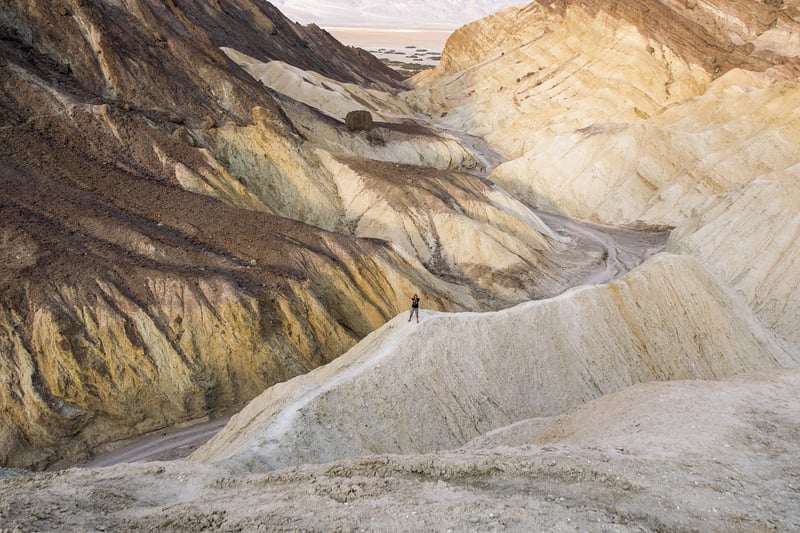Future Exploration
Exploring Different Eras and Future Exploration
Introduction
Exploring different historical eras and contemplating future exploration are fascinating topics that capture the imagination of many. Let's delve into the past and future of exploration to understand how humanity's quest for knowledge has shaped our world.
Exploring Different Eras
Throughout history, humans have embarked on extraordinary journeys to discover new lands, cultures, and knowledge. Here are some notable eras of exploration:
1. Age of Discovery
The Age of Discovery, spanning from the 15th to the 17th century, saw European explorers venture across oceans to find new trade routes and lands. Notable figures like Christopher Columbus and Vasco da Gama made groundbreaking discoveries during this era.
2. Age of Exploration
The Age of Exploration, from the 18th to the early 20th century, witnessed expeditions to the poles, deep-sea exploration, and mapping of uncharted territories. Explorers like James Cook and Roald Amundsen pushed the boundaries of human knowledge.
3. Space Age
The Space Age, starting from the mid-20th century, marked humanity's foray into space exploration. Milestones such as the moon landing and the launch of spacecraft to other planets have defined this era of scientific exploration.
Future Exploration
Looking ahead, the future of exploration holds exciting possibilities. Here are some areas where future exploration may lead us:
1. Space Exploration
Advancements in technology are propelling space exploration further, with plans for missions to Mars, asteroid mining, and the search for extraterrestrial life. The future may see humans colonizing other planets.
2. Deep-Sea Exploration
The mysteries of the deep sea continue to intrigue scientists, with efforts to explore the uncharted depths and discover new marine species. Deep-sea exploration may uncover valuable insights for medicine and conservation.
3. Virtual Exploration
Virtual reality and augmented reality technologies offer immersive ways to explore historical sites, distant planets, and underwater worlds from the comfort of home. Virtual exploration provides a unique perspective on different eras and environments.
Conclusion
Exploring different eras and contemplating future exploration remind us of the boundless curiosity and spirit of discovery that drive human progress. Whether looking back at past achievements or looking forward to future frontiers, exploration remains a timeless endeavor that expands our horizons and enriches our understanding of the world.

For more information on exploration and history, visit History.com.
